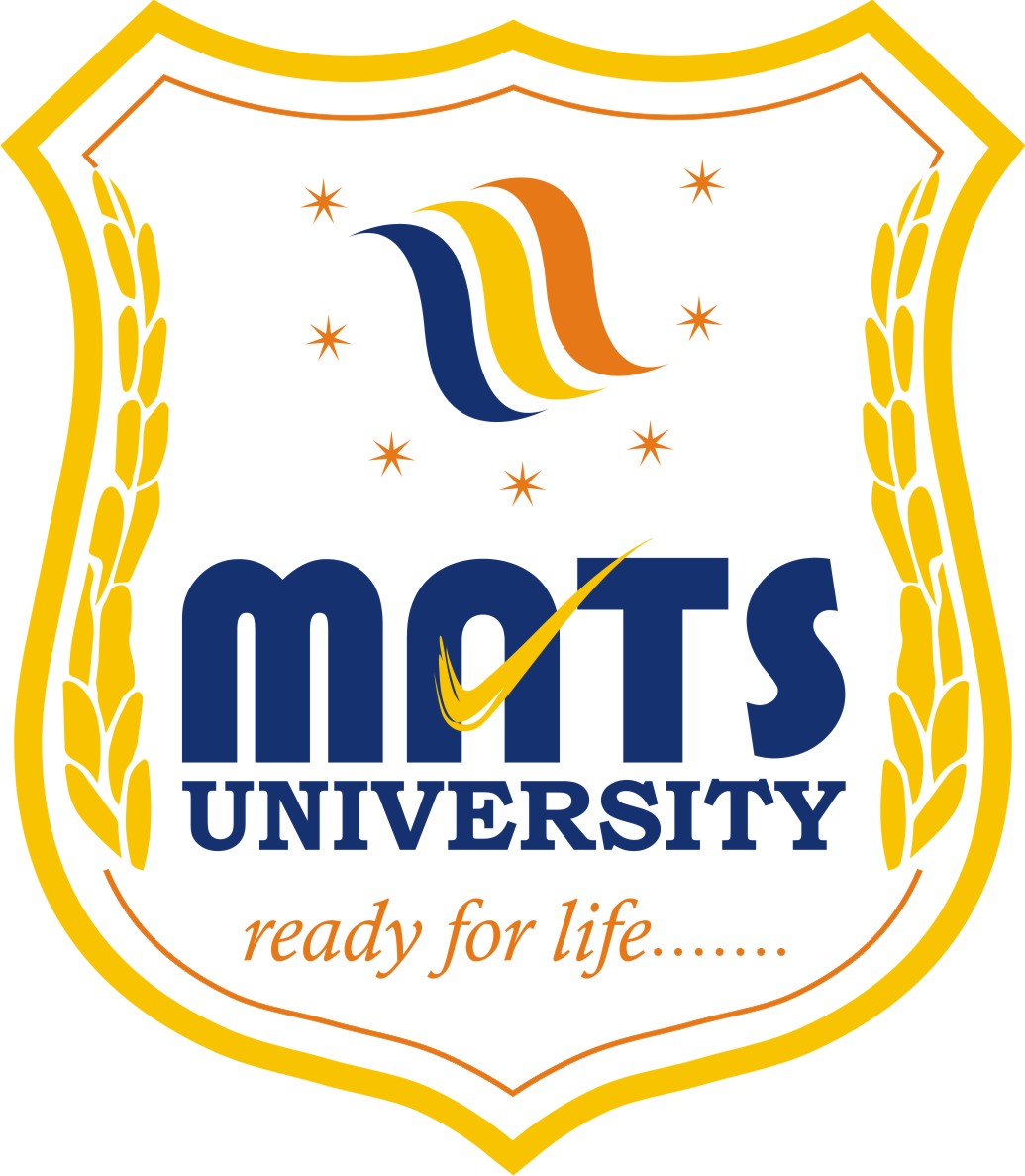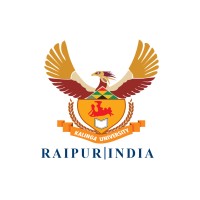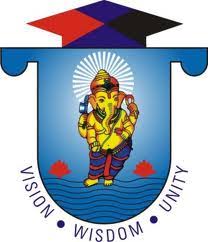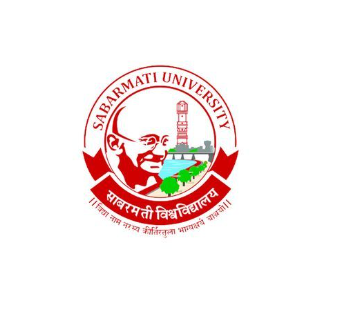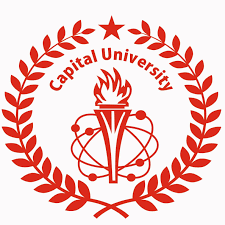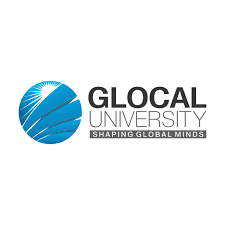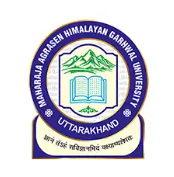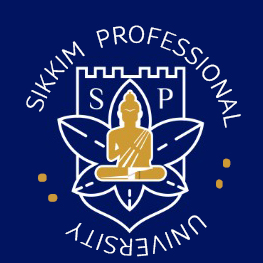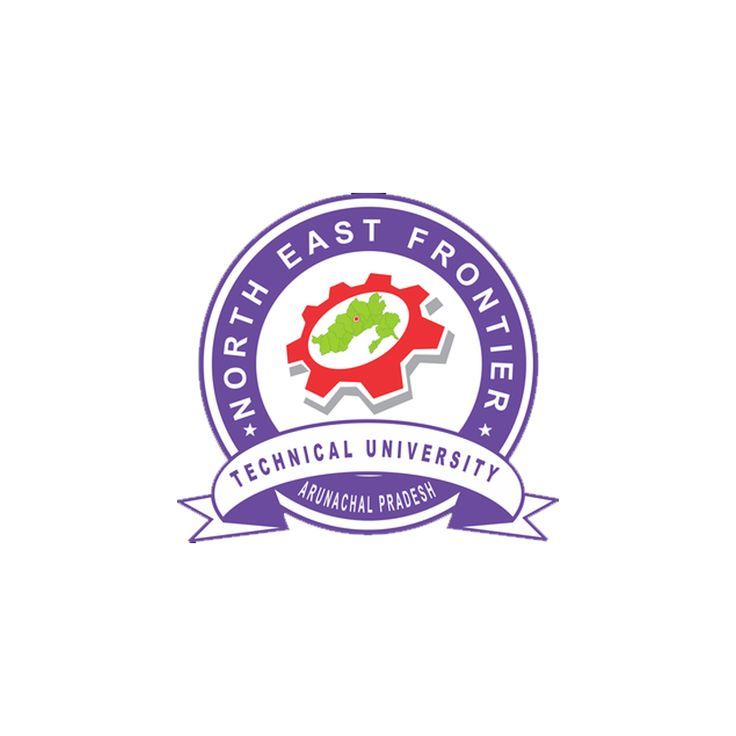Diploma Programme in Conflict Transformation and Peacebuilding Course
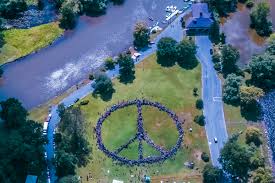
One time Diploma programme in Conflict Transformation and Peacebuilding( CTPB)
Conflict Transformation is a recently arising, expanding and innovative discipline that's opening new borders of knowledge. The growing consummation that the world has not yet effectively cooked systems to manage with intra andinter-national conflicts has led civil society to search for creative options that place ‘ people ’ at the centre of peace processes. It's in this environment that the field of Conflict Transformation has been conceptualized. This course seeks to address a growing need for education on the paradigms, models and chops that can help societies to transfigure conflictsnon-violently. The Diploma Course is a one time integrated programme. It's offered to undergraduate and graduate scholars, NGO workers, media persons and grassroots workers. Drawing on coffers from sociology, political wisdom, media studies and psychology, the course uses an interdisciplinary approach. It's interactive, combining lectures, case studies, panel and group conversations, forums , part- playing, field passages, film wireworks and relations with elderly interpreters and scholars.The faculty comprises erudite academicians at LSR and colorful reputed Universities as well as preceptors who have worked in conflict regions. To produce an interactive space for the structure of a network of youthful people committed tonon-violent social change, the end is to set up at LSR a quality Learning Centre that engages in exploration and praxis in education for a Culture of Peace.
Learn More: PG Diploma in Pandulipi and PuralipiVigyan Course
The Importance of Diploma Programme in Conflict
Transformation and Peacebuilding Course in Today's World
Conflict is an inherent part of human interaction, but its
destructive potential can be minimized through conflict transformation and
peacebuilding efforts. The Diploma Programme in Conflict Transformation and
Peacebuilding plays a vital role in fostering a culture of dialogue, empathy,
and cooperation. In today's globalized world, where conflicts often transcend
borders, such programs are essential to creating a more peaceful and
understanding society.
Exploring Different Types of Diploma Programme in Conflict
Transformation and Peacebuilding Course
The field of conflict transformation and peacebuilding
offers a diverse range of programs tailored to various needs and interests.
From academic courses to practical workshops and online certifications,
individuals have the opportunity to choose a program that aligns with their
goals. Some programs focus on mediation and negotiation, while others emphasize
conflict analysis and resolution.
Benefits of Pursuing Diploma Programme in Conflict
Transformation and Peacebuilding Course
Enrolling in a Diploma Programme in Conflict Transformationand Peacebuilding offers numerous benefits. Participants gain valuable insights
into conflict dynamics, communication skills, and strategies for peaceful
resolution. Moreover, graduates become effective peacebuilders capable of
mediating disputes and initiating positive change in their communities.
How Diploma Programme in Conflict Transformation and
Peacebuilding Course Enhance Professional Development
Beyond personal growth, this diploma programme empowers
individuals professionally. Graduates are equipped with sought-after skills by
employers across various sectors, including government, NGOs, and private
enterprises. Conflict-sensitive professionals are in high demand, and this
program opens up exciting career opportunities.
The Role of Diploma Programme in Conflict Transformation
and Peacebuilding Course in Career Advancement
For individuals seeking career advancement, the Diploma Programme in Conflict Transformation and Peacebuilding can be a stepping stone to success. As they acquire specialized knowledge, professionals can take up leadership roles and drive organizational development by fostering a culture of peace and understanding.
Continue Reading: Advanced Diploma in Modern Persian Course
Choosing the Right Education Course for Your Goals
Selecting the right educational course is pivotal to
personal and professional growth. When considering a Diploma Programme inConflict Transformation and Peacebuilding, individuals should assess their
interests, career aspirations, and desired impact in conflict-affected regions.
Online vs. Traditional Diploma Programme in Conflict
Transformation and Peacebuilding Course: Pros and Cons
The rise of online education has brought flexibility and
accessibility to learners worldwide. While traditional classroom settings offer
face-to-face interactions, online programs cater to those with time
constraints. Understanding the pros and cons of each format can help
prospective students make an informed decision.
The Future of Diploma Programme in Conflict
Transformation and Peacebuilding Course: Trends and Innovations
The field of conflict transformation and peacebuilding is
continually evolving. New research, technologies, and approaches are emerging
to address conflicts more effectively. This section explores the trends and
innovations that shape the future of this diploma programme.
The Impact of Diploma Programme in Conflict
Transformation and Peacebuilding Course on Student Success
Measuring the impact of educational programs is crucial to
enhancing their effectiveness. Here, we delve into the positive outcomes and
success stories of individuals who have completed the Diploma Programme in
Conflict Transformation and Peacebuilding.
Addressing the Challenges of Diploma Programme in Conflict
Transformation and Peacebuilding Course and Finding Solutions
No educational program is without its challenges. This
section identifies common obstacles faced by students and educators in the
field and proposes strategies to overcome them, ensuring a more enriching
learning experience.
Understanding the Pedagogy and Methodology of Diploma
Programme in Conflict Transformation and Peacebuilding Course
Effective teaching methodologies are vital to the success of any educational program. By exploring the pedagogy employed in this diploma programme, we gain insights into how students are prepared for real-world conflict scenarios.
Read On: Counseling Course Admission
The Global Perspective: Diploma Programme in Conflict
Transformation and Peacebuilding Course Around the World
The impact of this diploma programme extends far beyond
individual communities. Here, we explore how it is implemented and received in
different regions worldwide, fostering a global perspective on conflict
transformation and peacebuilding efforts.
Diploma Programme in Conflict Transformation and
Peacebuilding Course for Lifelong Learning and Personal Growth
Learning does not stop at graduation. Lifelong learning is
essential for personal growth and continuous improvement. We discuss how this
diploma programme encourages a lifelong commitment to conflict resolution and
peacebuilding.
Funding and Scholarships for Diploma Programme in
Conflict Transformation and Peacebuilding Course
Access to quality education should not be limited by
financial constraints. This section provides information on available funding
options and scholarships to support aspiring peacebuilders in pursuing their
educational dreams.
Case Studies: Success Stories from Education Course
Graduates
Nothing speaks louder than success stories. This section
features inspiring case studies of individuals who have made significant
contributions to conflict transformation and peacebuilding after completing the
diploma programme.
Programme Director
Dr. Suman Sharma( star, Lady Shri Ram College) Core Faculty
Anita Bagai, Associate Professor, Department of Political Science
Dr. Rina Kashyap, Associate Professor, Department of Political Science
Know More: FengShui Chinese Astrology Course
The faculty also comprises of academics and interpreters drawn from
Other departments of LSR and universities similar as Jawaharlal Nehru University, University of Delhi, Jamia Millia Islamia etc. Suppose- tanks, NGOs, Media Houses preceptors who have worked in conflict regions similar as the Middle East, Africa, Northern Ireland, Sri Lanka, Kashmir, Afghanistan, Nepaletc. Programme pretensions The Programme seeks to negotiate the following Gain an understanding of the introductory nature and challenges of contemporary conflicts; Familiarize scholars with theoretical under- standings of the affiliated fields of Conflict Transformation, Conflict Prevention, Conflict Management, Conflict Resolution and Peacebuilding; Develop capacities and chops for responding to social conflicts( for illustration, dialogue, active listening, facilitation, agreement and concession); Focus the lens of gender in the analysis of conflict and in the conceptualization of peace enterprise; grease an in- depth knowledge about peacebuilding approaches in different conflict regions; produce an interactive space for the structure of a network of youthful people committed to formative social change; figure a community between the proposition and practice of Conflict Transformation, Human Security and Development.
The Diploma Programme requires scholars to
Complete course work( for four papers three in the first semester, and one in the alternate semester) Be placed with an association working in Conflict Resolution or affiliated fields( for at least two months) Submit a exploration thesis( of publishable quality) and share in a viva share in a exploration methodology factory There will be a minimum of five to seven hours of tutoring per week( 600 marks)
Course Content
Semester I Semester II
preface to Conflict Analysis & Conflict Transformation( 100 marks) Human Rights, Gender, Justice and Reconciliation( 100 marks)
Skill- structure Dialogue, Agreement, Facilitation and concession( 100 marks) Action Research Project and Viva Voce( 150 marks)
Violence, Nonviolence and Conflict Transformation( 100 marks) A Two- month externship( 50 marks)
Know More: Linguistics Course Admission
Research Project & Viva Voce( 150 Marks)
Upon completion of course work at the end of the first time, scholars will begin work on a exploration design. At the conclusion of the exploration, they will submit a thesis of- words along with a recommendation letter from their design administrator. The administrator will be appointed by the College, in discussion with the pupil. In addition to the thesis submission, scholars will be needed to share in A viva on their design A exploration methodology factory( previous to the inauguration of the exploration) Two- Month externship( 50 marks) In order to enable scholars to test propositions and approaches learnt in the classroom, and to engage in hands- on Conflict Transformation work, the Diploma Programme includes an externship with an NGO/ CSO/ institute/ educational institution in the area of peacebuilding in South Asia.
Eligibility
Undergraduate Degree( BA/B.Sc./B.Tech) with minimal 60 marks in 10 2.( 5 relaxation for SC/ ST seeker) Those pursuing final time of under- scale can also apply. Parchment in Peace and Conflict Studies( DPCS) at St Paul’s University( SPU) seeks to conduct scholars with chops and knowledge in peace studies and conflict studies. The program will offer courses in the areas of peace and conflict studies to enable scholars to come effective mediators, intercessors and judges. It introduces scholars to generalities, ideas and propositions on peace and conflict, and prepares them for careers as middle position workers as well as farther education in other fields. The parchment program seeks to expose scholars to the complexity and variety of peace and conflict studies at original, public and indigenous situations especially Africa. scholars are given the necessary tools to understand and critically study and dissect conflict situations and how to deal with them. They're given tools, knowledge and chops which they can use to estimate the graces of particular strategies of creation of peace and resolution of conflict in order to grease development. The program equips scholars with necessary chops for critical thinking and robust imagination, good decision- timber, administration, exploration, professional reading and jotting, and capacity to fit in any career path in a snappily changing world, as well as helping in working some of the development problems in the world. Besides proving training in the areas of peace and conflict studies the parchment program will also serve as a medication forB.A degree at SPU and other universities.
Admission Conditions
individualities with a bachelorette's degree in any major and a GPA of3.20 or over( 4- point scale) in the last 60 semester or 90 quarter units of upper division course work from any accredited council or university may apply for admission to the degree program with classified status. individualities with a master's degree in conflict resolution( or a nearly affiliated area or aJ.D.) from any accredited council or university may apply for admission to thepost-master's instrument program. All aspirants must submit the standard admission operation by May 1 for admission in the posterior August. The Graduate Record Examination( GRE) is needed along with a 500- word biographical essay and three letters of recommendation. The biographical statement and letters of recommendation must address( 1) what in the aspirant's background indicates this subject matter and academic rigor is applicable for this aspirant,( 2) why aspirant desires this degree or instrument and( 3) what does aspirant plan to do with this degree or instrument formerly attained. The sanctioned GRE results, biographical essay and letters of recommendation should be encouraged to the program director. aspirants will be named to fill the vacuities in the program on the base of grade point normal( if applicable) and an evaluation of the GRE results, biographical statement and letters of recommendation and may be needed to share in an oral interview. There's an occasion to pursue a common JD/ Mama cooperation with Southwestern Law School. scholars interested in pursuing this occasion should consult with the program director previous to inception of their first semester as a graduate pupil.
Explore More: polish course Admission
Program
Once admitted, scholars must complete their program( degree or instrument) with a grade point normal of at least3.2. All courses used to fulfill the conditions for the master's degree or the instrument must be passed with a grade of" B" or more. Subject to blessing of the program director, no further than 10 units aggregate can be included from other departments or universities, or be completed previous to formal admission to the master's degree program and 5 units for thepost-master's instrument. scholars must be in nonstop attendance as defined away in this University roster. No course completed as part of another degree, and no course completed further than 5 times before the date of scale date, can be included toward the master's degree or instrument.


